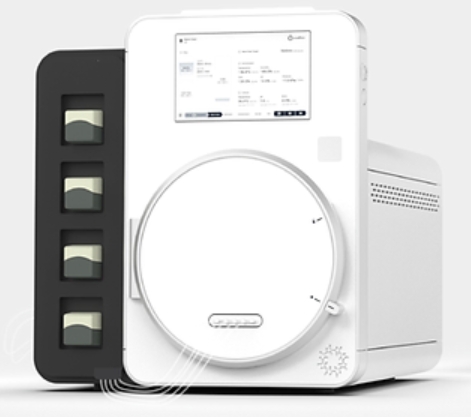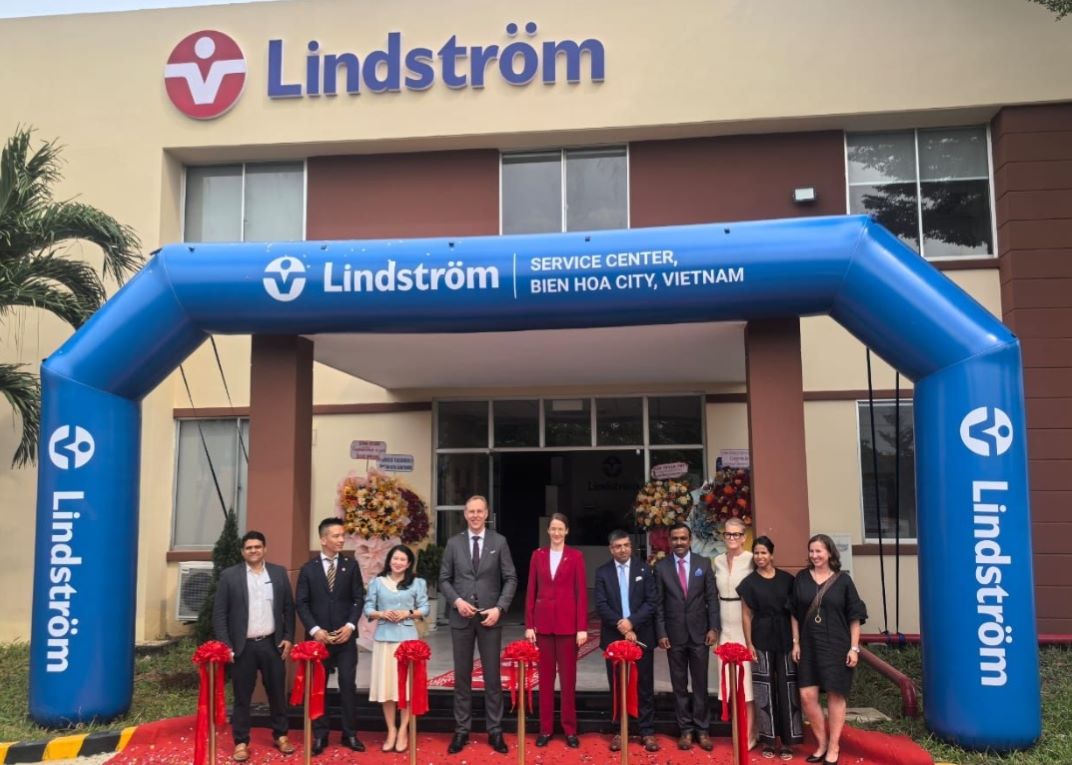
Biocon, Pfizer decide to go back on multi-million dollar deal
It was a path-breaking deal that had many eye balls rolling. Industry soothsayers predicted it to be the beginning of an exponential growth for the biotech industry in India. The landmark $350-million deal inked between global pharmaceutical player Pfizer and India's top biotechnology company Biocon, signed on October 2010, was viewed as a catalyst bolstering confidence of multinational firms in Indian companies, which could spur more such R&D collaborations in the future.
According to the strategic deal, Pfizer had to pay $200 million for exclusive rights to globally commercialize several of Biocon's insulin products -- Recombinant Human Insulin, Glargine, and Lispro. Biocon was to receive an additional payment of $150 million from Pfizer towards further development of drugs and to meet regulatory milestones. Biocon was also to receive payment linked with Pfizer's sale of the insulin products.
Indeed a win-win situation for both parties, bringing together Pfizer's strong marketing and commercialization capabilities, especially in the highly regulated developed markets of the world, and Biocon's expertise in biotech R&D. The insulin products were slated to roll out in the emerging markets by 2011, followed by Europe and the US in 2012 and 2015, respectively.
The industry was in for a shock when this much-talked about deal was amicably shelved in less than 18 months. While the reasons for calling off of the deal is yet to be revealed in a press statement, both companies mentioned that their individual priorities for their respective biosimilars businesses propelled them to move forward independently. As of March 12, 2012, all rights licensed to Pfizer will revert to Biocon, and all insulin distributed under the brand names Univia and Glarvia will be commercially available from Biocon only, and will be exclusively manufactured, supplied, marketed and supported by Biocon. Also, Biocon would retain the upfront payment of $100 million and also the $100 million that Pfizer paid as an escrow account for Biocon to develop insulin products. It will, however, have to forgo the $150 million that it would have received from Pfizer for further developments and meeting regulatory milestones.
Reacting to the developments, Ms Kiran Mazumdar-Shaw, chairman and managing director, Biocon, said, "We remain committed to delivering our biosimilars insulins portfolio to global markets in our endeavor to make a difference to diabetic patients across emerging and developed economies. We will continue to work with our existing partners in several markets and will pursue a commercial strategy on our own and through new alliances in other markets."
Biocon witnessed a sharp fall in licensing income in the third quarter ending December 2011 from the exceptional levels recorded last fiscal, which resulted in flat earnings overall. Commenting on the fall, Ms Shaw said licensing income is a timing issue and subject to periodic variability.
In a statement Diem Nguyen, general manager- Biosimilars, Pfizer, said, "We continue to be dedicated to developing a broad portfolio of biosimilars medicines, including monoclonal antibodies and recombinant protein products, both internally and through collaborations. In addition, we will continue to be active in our own research and business development efforts for diabetes, which represents a huge unmet medical need, and we remain committed to seeking new solutions to help physicians and patients."
The impact
Financially, the termination will not impact Biocon that has retained $200 million in its kitty that, market analysts predict, could be used for R&D investments towards their biosimilars products. "Biocon's products are yet to be rolled out and commercialized in the developed and emerging markets. Hence, financially the impact would be minimal," says Mr Sudarshan Padmanabhan, research analyst, Prabhudas Lilladher. In fact, some experts also opined that the amount was significant enough for Biocon to set up its own facility, though the company would any day opt for a strategic alliance.
From a market perspective, it is definitely a blow for Biocon as the company will again need to scout for a partner with a strong presence in the insulin market, both in the developed and emerging markets of the world. Pfizer proved to be an ideal strategic fit towards this goal. "Pfizer has a strong marketing presence in regulated markets such as the US and Europe. Pfizer would have given Biocon the opportunity to access such markets where the insulin market is huge," says Mr Ranjit Kapadia, vice president, Centrum Capital. Scouting for an apt partner who could give access to these highly regulated markets would be a time-consuming process for Biocon.
Dr Ajaykumar Sharma, practice head - Pharma, Healthcare Practice, South Asia & Middle East, Frost and Sullivan, agrees on this. "In the short term, Biocon will have to continue with regional partners and look forward to expanding its core business. This means some growth plans will have to take a back seat. In the long run, it will continue its growth by pushing into other biosimilars areas that the company is currently not serving," he says.
Mr Ranjit Kapadia of Centrum Capitals says the challenge for Biocon will be to look for a partner who is equally or better than Pfizer. "Or it can invest in setting up its own facility with the money that it has in hand. But the fact remains that both are time-consuming processes," he adds.
Divesting its 70 per cent stake in its German arm, Axicorp GmbH, post the global alliance with Pfizer could be a missed opportunity for Biocon. "If Biocon had retained its stake in its German arm, Axicorp would perhaps have given Biocon access to the EU market today," points out Mr Kapadia.
For Pfizer too, the deal termination could prove to be a setback. The company is already reeling under the pressure of a sharp drop in revenues post the patent expiration of a slew of its blockbuster products starting 2012. It is exploring profit-making avenues to make up for this loss. Biosimilars is one such growth area and a deal with Biocon would have given the company access to the burgeoning global insulin market. Insulin is a $14 billion global market and, by 2015, a number of insulin analogs will be out of patent protection, resulting in a significant opportunity for biosimilars.
"For Pfizer, it means looking at other areas of investment to make up for the loss of revenues due to some key drugs going off patent between 2010 and 2020," adds Dr Ajaykumar Sharma of Frost & Sullivan. The company has already reported a drop in its fourth quarter (Q4 2011) revenues due to expiration of patent of Lipitor, one of its biggest drugs. The Q4 2011 revenues were $16.7 billion, a decrease of four percent from $17.4 billion for the same period a year ago. Expiry of patent for its next big product, Viagra, too will be a big revenue dampener in the coming year. Against such a backdrop, business in biosimilars and generics through partnerships could help mitigate its anticipated drop in revenues.
There are mixed opinions over whether this would impact Biocon's prospective partnerships with global drug giants in the future and whether it has affected the global community's confidence in Indian companies. "Definitely, there will be some dent in the trust factor. But Biocon as a brand is strong enough to tide over this scenario. They already have many regional partners and will continue to do their business," says Mr Kapil Khandelwal, director, Makven Capital, while pointing out that every partnership deal goes through extensive scientific, commercial and market due diligence with milestones clearly articulated. "Hence, if any deal goes through or fails, it is dependent on its merits and achievement of milestones and not on the overall corporate performance. Biocon's future partnerships with MNCs will be based on the diligence of the research milestones and future potential of the product. Current termination will not have any impact on the future partnerships," he remarks.
Regardless of the consequences of this deal annulment, MNCs are here to stay in India. "At the end of the day, India is a big market for MNCs and they will never think of restricting themselves from striking collaborations with Indian companies and investing in the country," adds Mr Sudarshan Padmanabhan of Prabhudas Lilladher. The question remains as to who could be Biocon's next prospective commercialization partner who could give the former the same bandwidth as Pfizer. "Globally today, Novo-Nordisk, Eli-Lilly and Sanofi Aventis are the leading names in the insulin market. Biocon can look at these partners," says Mr Kapadia of Centrum Capitals.
How hot is biosimilars?
Biosimilars was slated as the hot segment for investment by Indian companies. Yet it has not taken off the way it was predicted two years ago. "Indian companies are yet to grapple with the fact that biosimilars is a different ball game than small molecules. There is no room for short cuts in biosimilars research. The research is complex and investments in time and money are huge. Also, marketing them in markets such as the EU and the US require strict adherence to quality standards," says an industry expert who did not want to be named.
Dr Ajaykumar Sharma of Frost & Sullivan has a similar view. "Cost of development coupled with huge marketing costs has restricted biosimilars drugs to very few niche areas, such as diabetes, oncology and rheumatology. The highest selling segment in India is still the anti-infectives and cough and cold therapies that were launched almost 20 years ago. Biosimilars need to go beyond the current areas it is serving to make a real dent in the market," he says.
Mr Khandelwal says that this has been a matter of debate and discussions at many industry forums. "This can be looked at from three angles: One is that many Indian players have experimented on different business models. Some have succeeded, some have partially succeeded, and others have failed. We have not analyzed the reasons for the failures or partial successes and learnt from them. Secondly, pharma companies in emerging markets need leaders to address issues in the region. There is a leadership failure in getting the direction right. Lastly, in terms of regulations, we are just not attractive enough as compared to the emerging markets of China and Korea," he points out.
Mr Padmanabhan points out that even globally biosimilars has not really taken off. "Apart from complexity in research, even in terms of regulations, in the US itself there is no pathway for biosimilars. The EU has one but that too is not clear. Once these markets open up, it could prove to be favorable for India."
With the US Food and Drug Administration issuing three draft guidance documents on biosimilars product development to assist the industry in developing such products in the US, Indian companies may have reasons to be hopeful.




